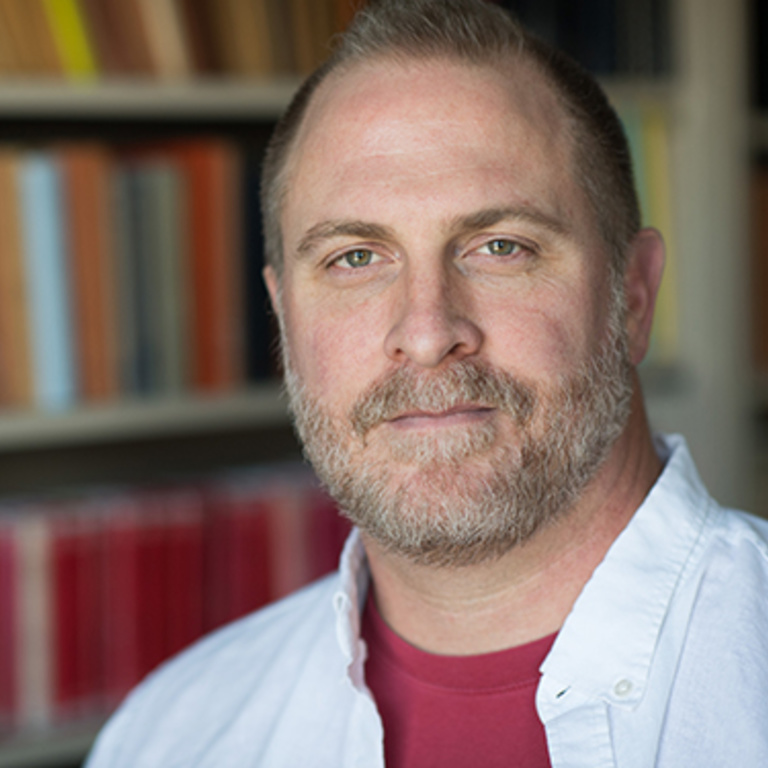
| Robert Cargill, Ph.D.Departmental Executive Officer Roger A. Hornsby Associate Professor in the Classics Associate Professor of Biblical Studies | Robert Cargill's research focuses on Second Temple Jewish literature and archaeology from the Persian period to the rise of early Christianity. He specializes in Hebrew Bible, the Dead Sea Scrolls and other Pseudepigrapha, Aramaic Targums, Melchizedek traditions, issues of faith and science, and teaches Biblical Hebrew, Aramaic, Syriac, and Hellenistic Greek. |

| Paul Dilley, Ph.D.Erling B. "Jack" Holtsmark Associate Professor in the Classics Departmental Executive Officer in Religious Studies | Paul Dilley specializes in the religions of Late Antiquity, particularly early Christianity, with an approach that integrates cultural history, philology, and the digital humanities. He is especially interested in the development of early Christianity within the various cultures of the Graeco-Roman world, including Egypt and Syria; as well as the reception of the classical tradition in these diverse areas. |
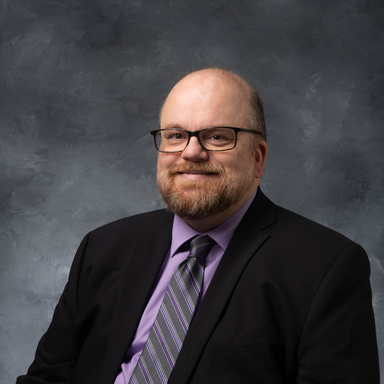
| Craig Gibson, Ph.D.Professor | Craig Gibson studies ancient Greek and Latin oratory, rhetoric, and prose fiction (“novels”). For the past twenty years he has focused on ancient and medieval Greek rhetorical education, which has led him to write on such disparate topics as the moral and societal implications of rhetorical training, and the portrayal of doctors, artists, good dogs, and mythological and biblical characters in textbooks and classroom exercises. |
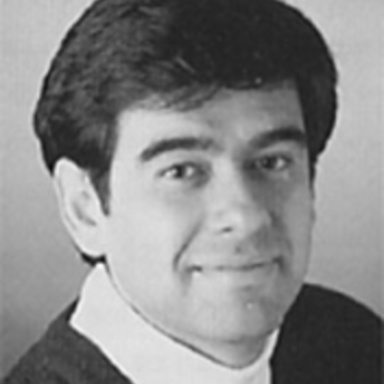
| Glenn Storey, Ph.D.Associate Professor | Glenn Storey teaches courses in classical languages, classical culture, archaeology and topics of the ancient world in general. He is currently working on aspects of Greek and Roman economies in contribution to a volume on pre-modern economies. He is also continuing work on issues of societal collapse, featuring Rome as an exemplar. |
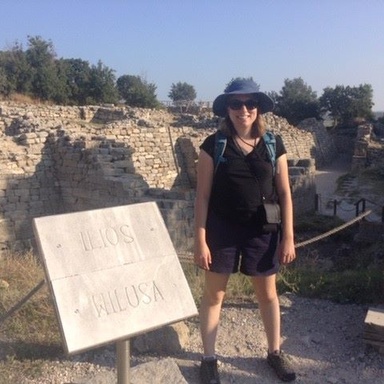
| Celsiana Warwick, Ph.D.Director of Graduate Studies Assistant Professor | Celsiana Warwick’s research interests include Homeric epic, Greek poetry, ancient gender and sexuality, and women’s writing. She takes an interdisciplinary approach to Classics, combining literary methods with feminist and queer theory, anthropological theory, and analysis of material culture. In both her research and teaching, she seeks to disrupt traditional narratives about the Classical world that exclude women and other marginalized groups. |
Affiliated Graduate Faculty
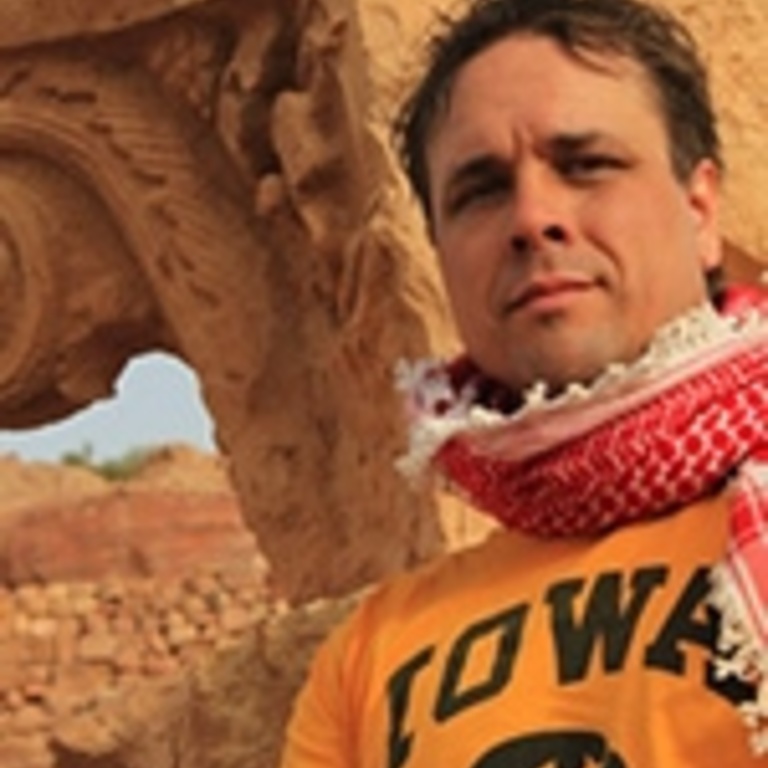
| Björn Anderson, Ph.D.Affiliate Faculty | Björn Anderson teaches in the School of Art, Art History, and Design. A specialist in the study of material, cultural, and visual interaction in the ancient Mediterranean and Near East, he has taught a variety of courses in ancient art and archaeology. |
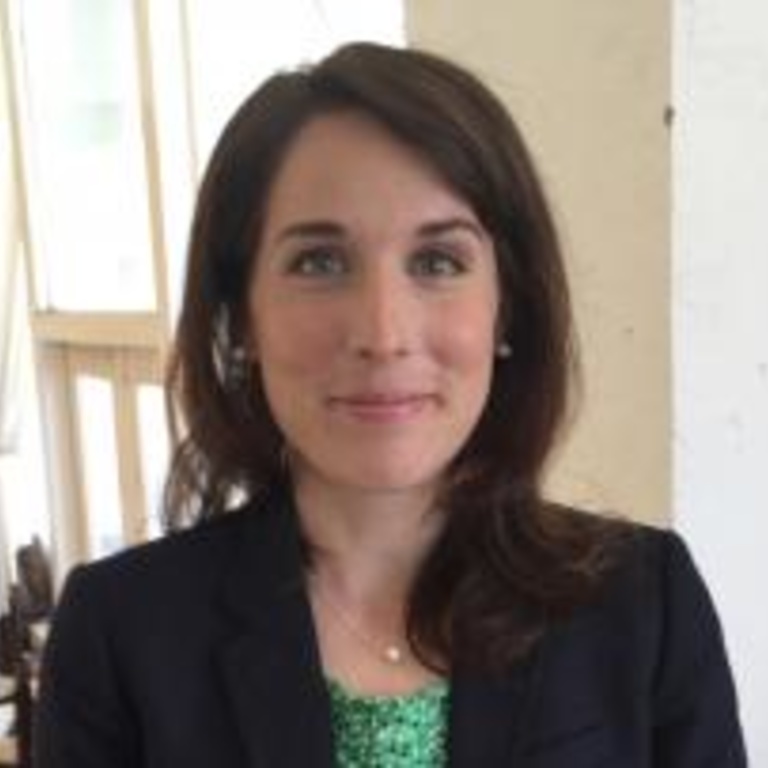
| Sarah E. Bond, Ph.D.Erling B. "Jack" Holtsmark Associate Professor in the Classics | Sarah E. Bond is an Associate Professor of History at the University of Iowa. She is interested in late Roman history, epigraphy, late antique law, Roman topography and GIS, Digital Humanities, and the socio-legal experience of ancient marginal peoples. |

| Brenda Longfellow, Ph.D.Roger A. Hornsby Associate Professor in the Classics | Brenda Longfellow teaches classes on Egyptian, Greek, and Roman art in the School of Art, Art History, and Design, and her research is focused on the art, architecture, and hydraulics of the ancient Roman Empire. |
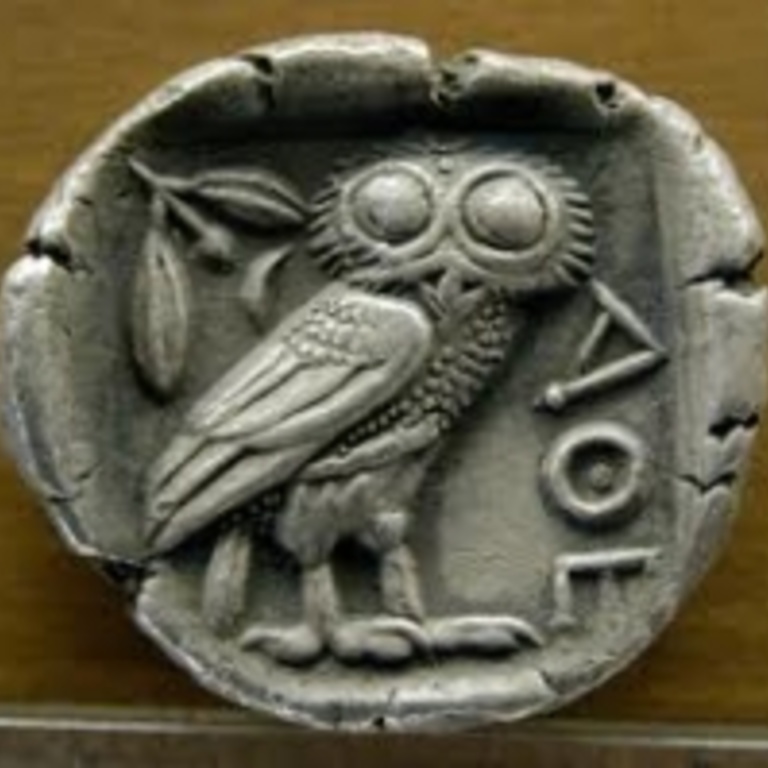
| Carrie E. Swanson, Ph.D.Affiliate Faculty | Carrie Swanson teaches in the Department of Philosophy and specializes in Ancient Greek philosophy. Her current research investigates Ancient theories of refutation, syllogistic reasoning, and dialectic, especially in Plato and Aristotle. Her interests in Ancient philosophy are however very broad, and include Aristotle’s philosophy of science and metaphysics; Ancient theories of perception; the moral psychology and virtue ethics of Plato and Aristotle; and Hellenistic medicine and skepticism. |